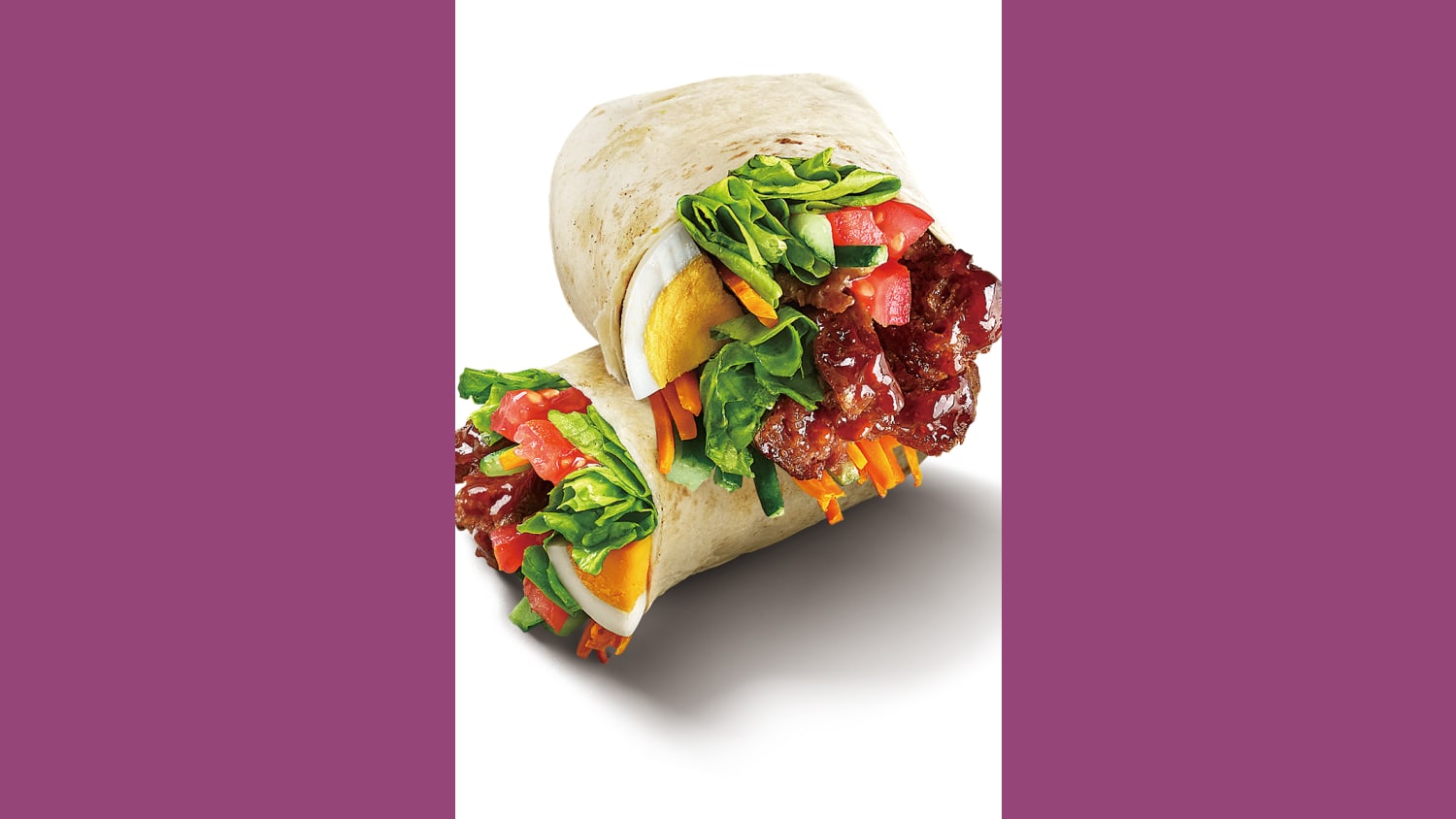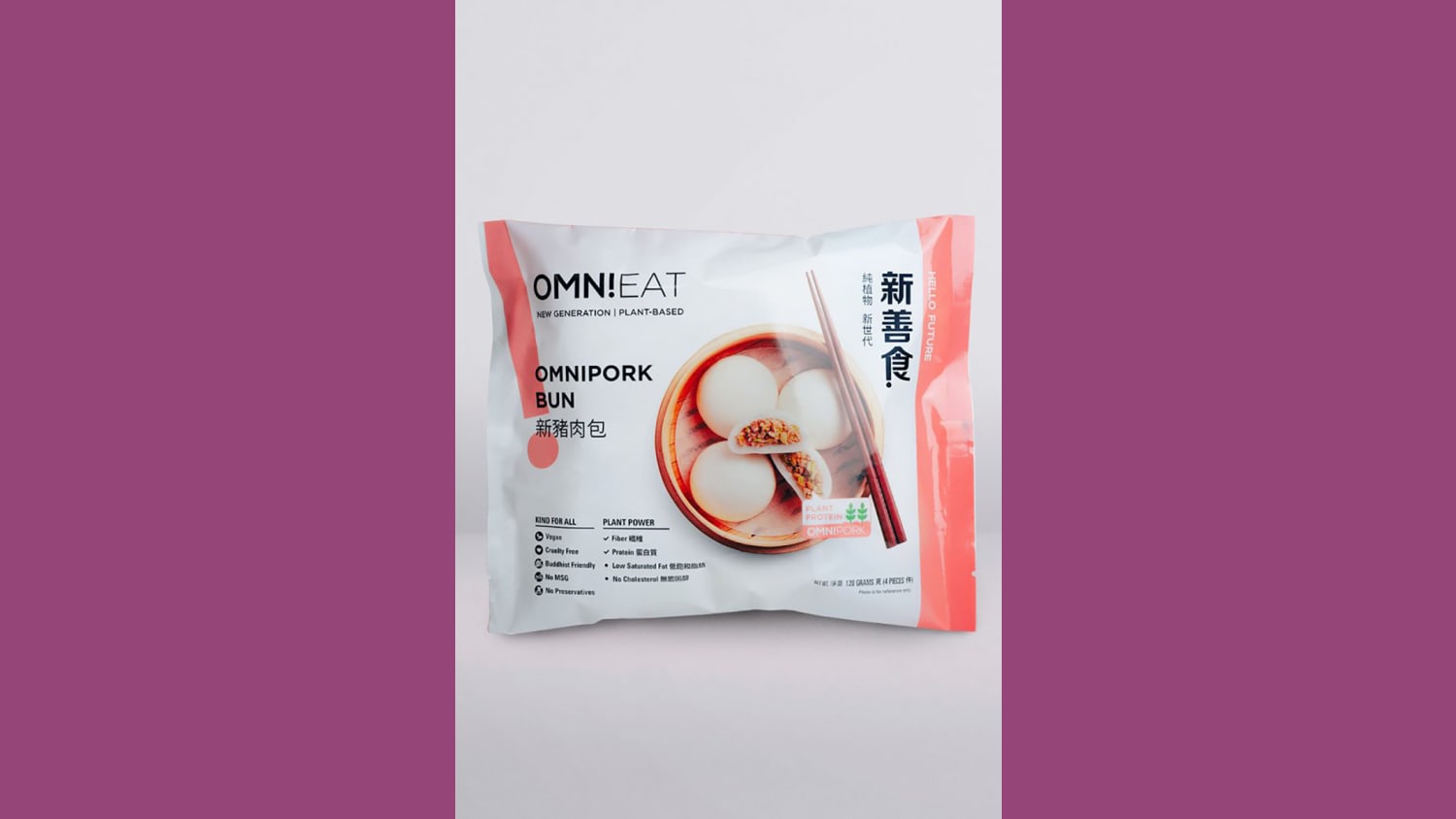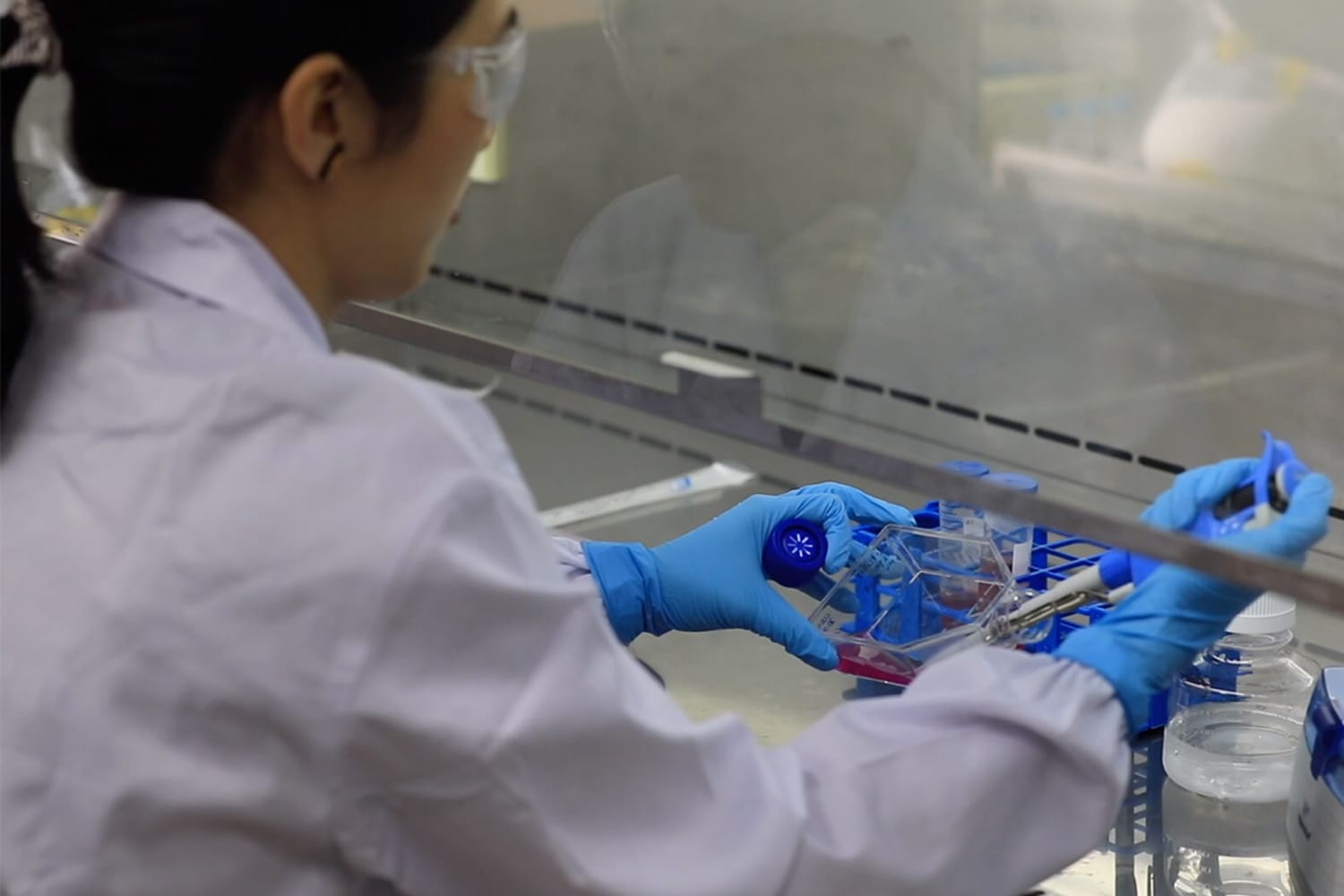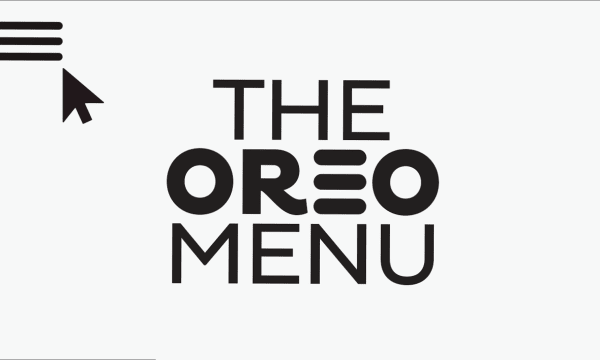Mainstream brands and start-ups alike are introducing plant-based—and soon, cultured meat—alternatives, targeting not only vegetarians and vegans, but meat-eaters.
This month, Los Angeles-based Beyond Meat said its Beyond Burgers will soon hit shelves at China’s Hema supermarkets, also known as Freshippo. The chain of smart supermarkets owned by Alibaba is known for pioneering a seamless online and offline experience, offering everything from tanks of live fish to in-store dining to contactless payment and home delivery.













